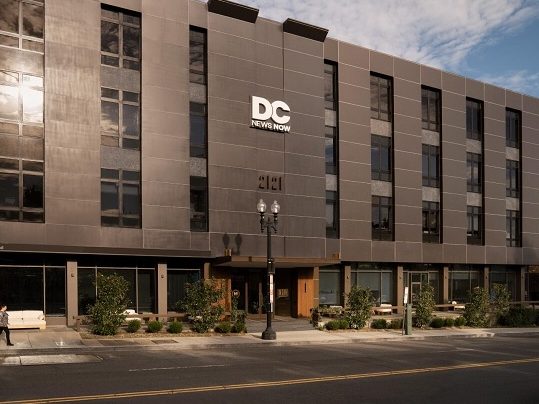CDO Stack: Why Blockchain in CRE Will Survive the Crypto Tumult
The increasing scrutiny of digital currencies will result in stability and growth.
A colleague and I recently spoke to a group of real estate industry accounting and finance leaders at a conference and our topic was blockchain–both a primer about what it is and why leaders in our industry should be paying attention to it. I had two big takeaways from the event and interaction with the folks who attended. First, the general level of literacy about blockchain is pretty modest. That’s okay, but it won’t continue to be okay for long. Second, the attendees seemed to understand that there’s a baby in the cryptocurrency bathwater. In other words, the recent crypto exchange failure wasn’t taken as an indictment of the technology.
READ ALSO: The Expanding Role of the CDO
I’d spoken in front of this group a few times over the past years, and I was happy to speak with them again about blockchain applications in the industry. In Deloitte’s Commercial Real Estate Outlook survey, for example, we heard from many of those surveyed that they’re either investigating, in early state development or piloting such things as asset tokenization, accepting cryptocurrency as a form of rent payment, and smart contracts. I’ll endeavor not to repeat what I’ve already said, but the point is: I’m encouraged by interest in and energy behind blockchain-related solutions in the industry.
Let’s focus, however, on how the recent crypto exchange failure could impact the future of tokens. The SEC was already increasing scrutiny and enforcement of tokens (definitionally, all cryptocurrencies are a form of token), with a few high-profile enforcement actions and position statements by its chair during 2022. Last year, the SEC nearly doubled the team charged with investigating violations and enforcement of security laws related to “Crypto Assets and Cyber.” In September, SEC Chair Gary Gensler restated his position that, “the vast majority of crypto tokens are securities.” He further said about tokens, “Frankly, at this time, it’s more like the Wild West or the old world of ‘buyer beware’ that existed before the securities laws were enacted. This asset class is rife with fraud, scams and abuse in certain applications.”
The bottom line? The SEC is highly likely to continue to increase attention and enforcement of existing security laws as they apply to tokens. For those interested in accepting crypto as a form of rent payment, or currently accepting crypto payments, I don’t know of any company holding that crypto on their books. In other words, it’s converted to USD at time of payment and, therefore, not subject to risk of value loss or treatment as a security. With respect to asset tokenization, the SEC has simply stated that these tokens are a form of security and subject to already defined securities policies, guidelines and laws designed to protect investors.
A strong and clear regulatory environment and associated enforcement has been important to move from the “Wild West” to the stable and trusted securities environment we enjoy today. Likewise, it’ll be important to the maturation of digital securities.
John D’Angelo is a managing director with Deloitte and is the Firm’s real estate solutions leader, designing solutions to address client challenges and push the industry forward. With over 30 years of experience as a management consultant to the global real estate industry, John has helped some of the biggest names in real estate leverage technology and use data to optimize and transform their operations.








You must be logged in to post a comment.